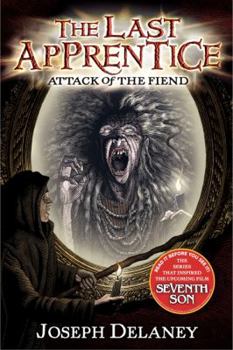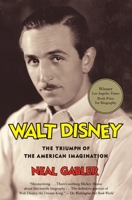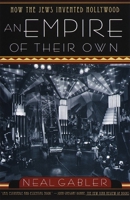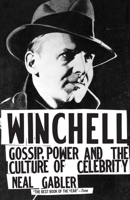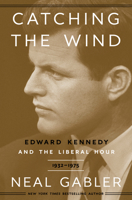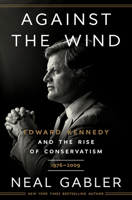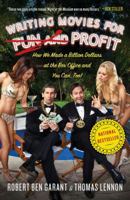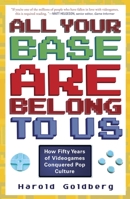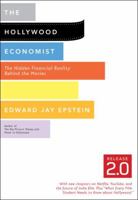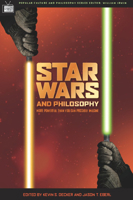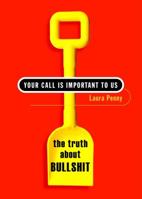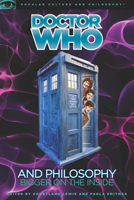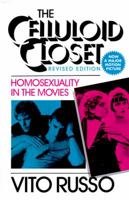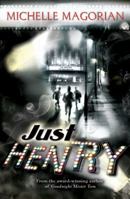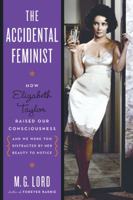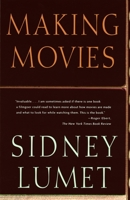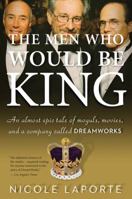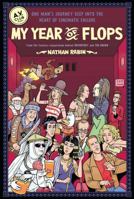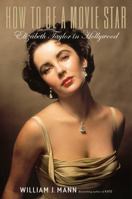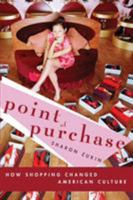Attack of the Fiend (The Last Apprentice #4)
(Book #4 in the The Last Apprentice Series)
Select Format
Select Condition 
Book Overview
"I see your future clearly. Your master will be dead, and you will be alone. It would be better if you had never been born."
Thomas Ward is the apprentice for the local Spook, who banishes boggarts and drives away ghosts. But now a new danger is threatening Tom's world: the witches are rising and the three most powerful clans are uniting in order to conjure an unimaginable evil.
Tom and the Spook set out to stop the witches before they unleash the demon. But when Tom finds himself on his own, he wonders if he has the courage and cunning to defeat the most powerful enemy he has ever encountered.
You Might Also Enjoy
Customer Reviews
Rated 5 starsEither you're a star or a nobody
This short book is jammed packed with great ideas and beautifully coined phrases. Neal Gabler has synthesized an analysis of how entertainment has influenced our lives. He has a rare talent for social commentary. Extremely well researched and organized. If you're up to the cerebral challenge, go for it. The thesis begins with an interesting history lesson about entertainment. Life was particularly dull on the farm in the...
1Report
Rated 5 starssplendid essay on the necessity of keeping your attention
This is an absolutely fascinating look at the notion of entertainment, as it evolved as a form of popular culture into a political and even life compulsion. From the beginning, I was rivetted by Gabler's wonderful writing and unusual ideas. You can read this many times to great profit. Gabler begins with a definition of what entertainment is: as opposed to the high art tradition, which requires elite education and effort...
1Report
Rated 5 starsPillar to understanding society
Along with Paul Fussel's Class, these books are provocative views of modern society. Like "Class", Gabler doesn't really tell you anything that you don't really know but he does lay it out in a manner that I, at least, had never considered deeply. In doing so, he revealed a weakness that I recognize in myself and in much of the people in this society. Weakness? Gabler doesn't judge. He presents the case and steps back but...
0Report
Rated 4 starsScratches the Surface
Neal Gabler merely scratches the surface as he describes the integration of media and entertainment into 20th Century culture, particularly 20th Century American culture. Gabler concedes at the outset that the book is diagnostic rather than prescriptive and he leaves few suggestions and little hope for a cure. The most disturbing part of the book is the final chapter, entitled The Mediated Self, in which he illustrates...
0Report
Rated 5 starsAwesome!
Very compelling read. If you want to be challenged to think, this would be the book. I highly recommend it, and i'm sure i'll be lending it to several of my friends.
0Report











